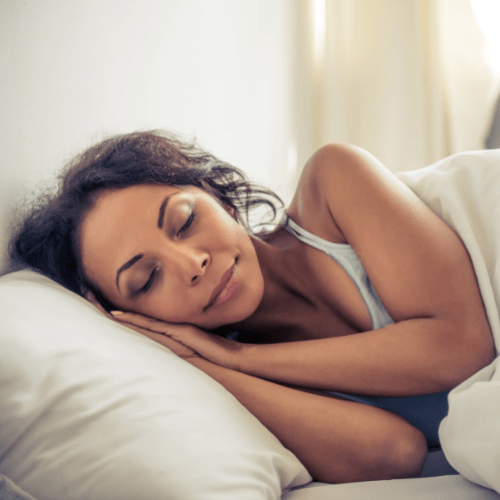The Covid-19 pandemic creates a host of new problems for those already suffering from insomnia and for those who never previously had a problem with sleep. This is a normal response to these unprecedented times. Here are some of the reasons why you may be having an issue with sleep as well as tips on how to achieve better sleep.
Anxiety & Worry
Health Worries. Will I get it? Will my loved ones get it? What happens if older and those at high risk within my family/friends get it?
Financial worries. A lot of people have found themselves out of work overnight. How will I pay my mortgage/rent, bills etc.
Fear of the unknown is affecting most of us right now.
Stress
All of the above as well as having to adapt to a new way of life, adapting to new working
conditions, adjusting to restricted movement or having to entertain the children leads to new levels of stress. Stressful situations trigger a cascade of hormones that produce physiological changes.
Isolation
Evidence links perceived loneliness and social isolation with depression. Older people and those living alone can be particularly vulnerable at this time.

Tips on how to mind your sleep
- ROUTINE ➡️ Set alarm clock every morning, 7 days a week and get up at this time. Open the curtains to allow light to send the signal to the body that it’s morning. Get dressed. Keep regular meal times. Keep regular work/study time.
- EXERCISE ➡️ This is so vital for our overall physical & mental health and overall well-being. It’s best to exercise earlier in the day.
- NO DAYTIME NAPS ➡️ It can be tempting to have a nap if we are sleeping poorly. This will only eat into your sleep debt and make you less likely to need sleep later that night.
- KEEP IN TOUCH ➡️ It’s so important to stay connected to friends and family. This is where technology plays a vital role.
- GET YOUR INFORMATION FROM A TRUSTED SOURCE ➡️ We are being bombarded by information which can change on a daily basis. There is so much misinformation being shared and this just feeds our anxiety. Get info from the HSE or other reliable sources.
- KEEP A JOURNAL ➡️ Sit Down at the end of the day for 15mins about 2hours prior to bed and write all your worries down, put the day to rest and plan for tomorrow.
- WIND DOWN ➡️ Stop all work activities 2 hours prior to bed. Avoid watching/reading anything related to Covid-19 during this time. All smart devices should also be shut down at this point.
- BEDROOM ENVIRONMENT ➡️ Keep cool, quiet and completely dark. The sleep hormone melatonin is only produced during darkness.
- RELAX ➡️ Try a relaxation technique that lasts only 20 mins when you get into bed. Avoid things like watching TV in bed.
- DON’T SPEND LONG PERIODS IN BED AWAKE ➡️ If you are awake for 20 minutes or longer and your mind is very busy, Get up, go to a living area and do something relaxing until you feel sleepy.
- MIND YOUR MENTAL HEALTH ➡️ Don’t be afraid to seek help. Aware are a good resource.
I hope these tips help but remember our sleep being affected is a normal response. When we are faced with danger, our natural response is to keep the body and mind vigilant. Just like this anxious time, for most of us, this problem with sleep will pass.
– Breege Leddy
Breege set up the Insomnia Clinic which offers CBT-I (the ‘I’ stands for ‘Insomnia). A programme that teaches the individual lifelong tools to manage and treat their insomnia.


